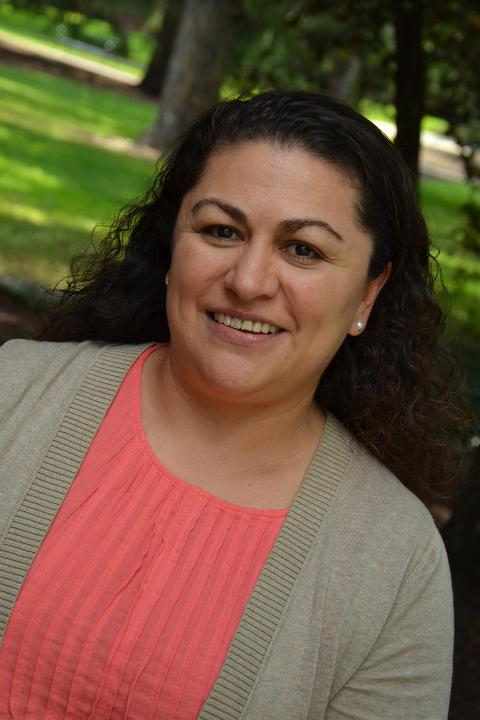Latina immigrant mothers as educators: a testimonio of becoming
Abstract
This article presents the experiences of Latina immigrant women who have raised or are raising children in the United States. As part of a minoritized group, Latina immigrant women have personal lived experiences that inform and affect the ways they interact with the world on a daily basis and that have shaped their personal and cultural identities in multiple ways. Those personal experiences are introduced in a testimonio, a personal narrative that portrays a collective story. Due to their experiences in becoming immigrants, these women have also developed particular ways of knowing, being, and doing that inform and guide their ways of mothering. The main implications of this testimonio call for educators’ attention -at all levels- to find alternate ways of validating social and cultural ways of being and doing that unfolds outside educational institutions, especially from minoritized groups, which cultural practices may differ from those of the dominant culture.
Abstract
This article presents the experiences of Latina immigrant women who have raised or are raising children in the United States. As part of a minoritized group, Latina immigrant women have personal lived experiences that inform and affect the ways they interact with the world on a daily basis and that have shaped their personal and cultural identities in multiple ways. Those personal experiences are introduced in a testimonio, a personal narrative that portrays a collective story. Due to their experiences in becoming immigrants, these women have also developed particular ways of knowing, being, and doing that inform and guide their ways of mothering. The main implications of this testimonio call for educators’ attention -at all levels- to find alternate ways of validating social and cultural ways of being and doing that unfolds outside educational institutions, especially from minoritized groups, which cultural practices may differ from those of the dominant culture.
